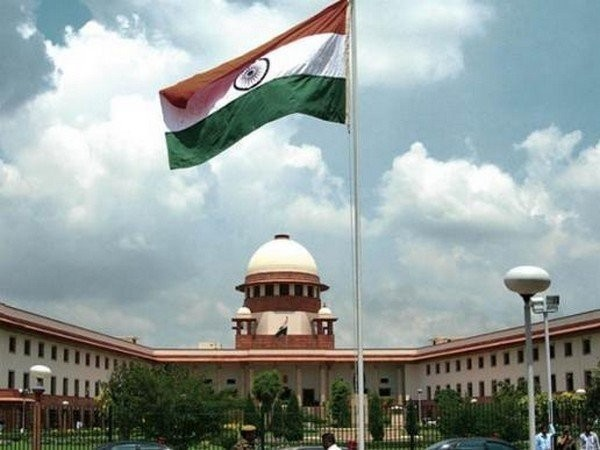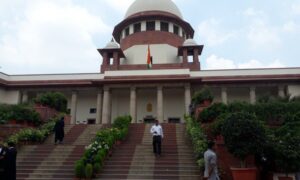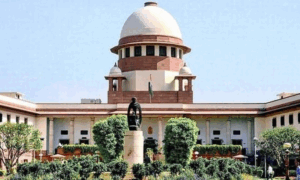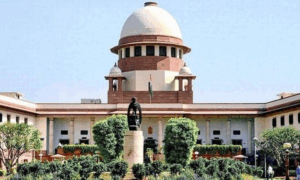
File Picture
In a significant verdict aimed at protecting lawyer-client privilege, the Supreme Court has issued a slew of directions to curb arbitrary summoning of lawyers by probe agencies for rendering advice, and said investigating officers cannot summon them in criminal probes unless approved by the superintendent of police.
The top court also set aside the summons issued by the Enforcement Directorate (ED) to two senior lawyers, Arvind Datar and Pratap Venugopal, and said they infringed the fundamental rights of the accused who hired them.
According to media reports, A bench comprising Chief Justice B R Gavai and Justices K Vinod Chandran and N V Anjaria delivered the verdict in a suo motu case taken up after the ED summoned Datar and Venugopal in connection with a money laundering probe.
Pronouncing the verdict for the bench, Justice Chandran said they have sought to harmonise the exemption to the rule protecting advocates and issued fresh directions to safeguard the legal profession from undue pressure by probe agencies.
While pronouncing the operative parts of the verdict, the judge said the bench ruled out the need for magisterial supervision before the issuance of summons by probe agencies.
“We have tried to harmonise the evidentiary rule with the procedural rule and issued the following directions,” Justice Chandran said.
Referring to Section 132 of the Bharatiya Sakshya Adhiniyam (BSA), the verdict said it is a privilege conferred on the client obliging the advocate not to disclose any professional communications made in confidence.
“Investigating officers (IOs) in the criminal cases, Station House Officers conducting preliminary enquiry in a cognisable offence, shall not issue a summons to an advocate who represents the accused to know the details of the case, unless it is covered under any of the exceptions under Section 132 BSA.
“When a summons is so issued to the advocate under any of the exceptions, it shall exclusively specify the facts on which the exception is sought to be relied upon, and shall also be issued with the consent of a superior officer not below the rank of a Superintendent of Police, who shall record his satisfaction as to the exception in writing before the summons is issued,” it said.


















